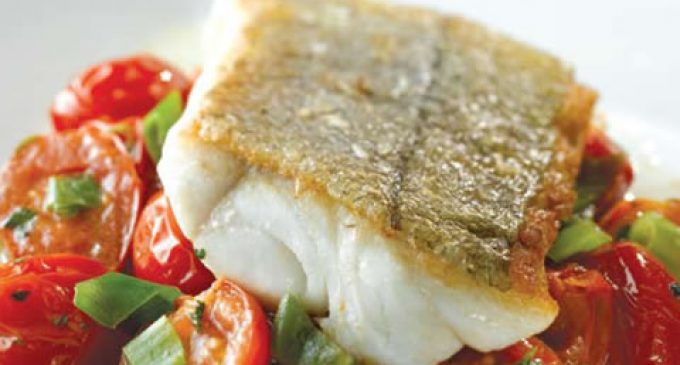Positive Outlook For Irish Food Sector in 2012 But Challenges Remain

Food and Drink Industry Ireland, the IBEC group that represents the food sector, today launched ‘Hungry to Grow’, which sets out priorities for the industry for the coming year. The report says that despite volatile commodity prices and a difficult domestic market, the industry remains confident it can build on the exceptional exporting success of recent years. The group however warned that proposals emerging from parts of government, such as sugar and packaging taxes, were at odds with the established goal to grow exports by 42% to €12bn by 2020, as set out in the Harvest 2020 vision for Irish agri-food and fisheries.
FDII Director Paul Kelly said: ‘Irish food and drink exports grew by around 12% in 2011 and it remains one of Ireland’s fastest growing export sectors. In 2012, global food commodity prices are expected to soften, however, improved competitiveness along with an increasingly diverse portfolio of products, and expansion to new markets will ensure growth continues.
“The domestic market is a key market for food and drink companies, and in almost all cases it is the springboard for export ambitions. However trading conditions remain difficult due to low consumer confidence and downward pressure on margins. The food industry needs specific food-related initiatives including the introduction of a grocery sector code of practice and the retention of the existing retail planning cap. We need an unambiguous and unwavering commitment from Government that it will not apply discriminatory taxes to food and packaging.
Key FDII recommendations include:
- Discriminatory taxes should be avoided on food products and food packaging. They are regressive by nature, inappropriate in an existing high tax environment and fail to take account of measures already taken by the food industry, including reformulation of products, provision of consumer information and greater use of reduced/recyclable packaging
- Competition policy must focus on the full food supply chain not just the consumer. It must acknowledge the unique nature of the food chain and the export orientation of the Irish food and drink industry.
- Energy and waste costs must be reduced to the level of competitor countries
“Food Harvest 2020 lays out a clear strategy and ambitious targets for the agri-food sector to grow exports by 42% to €12bn by 2020. It is vital that all relevant government policies are aligned with this strategy across all departments and agencies. The record exports of almost €9bn in 2011 were achieved by a combination of strong international demand, higher commodity prices and increased volume growth in key categories. However the increasingly volatile nature of food commodity pricing, even if on a long-term upward trend, shows that success should not be taken for granted. Volume growth through increased raw material supplies, improved cost competitiveness, innovation, increased capacity utilisation and expansion, improved marketing and market access require the dynamic leadership of our export companies, but also a public policy framework that supports growth,” concluded Mr Kelly.


































